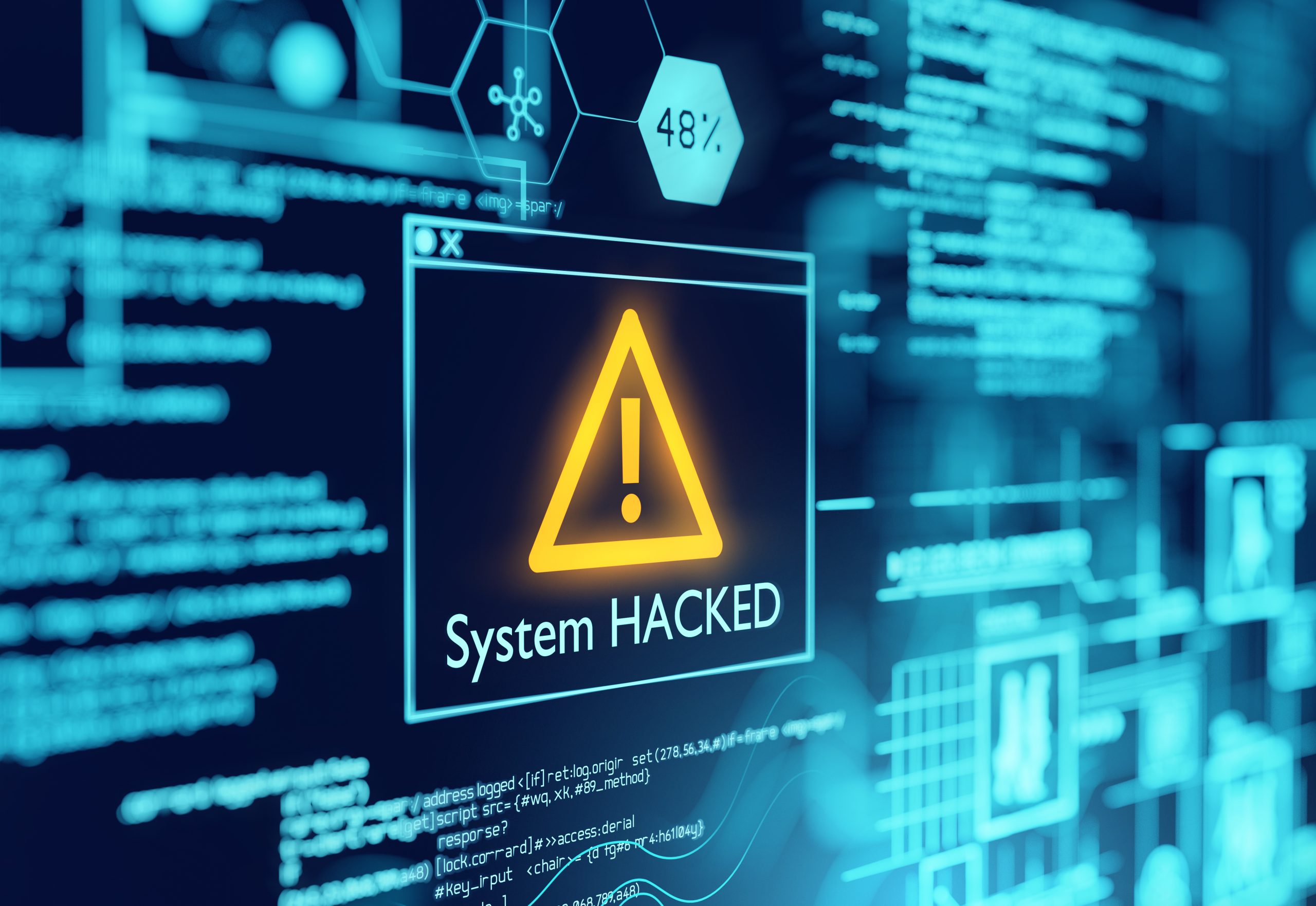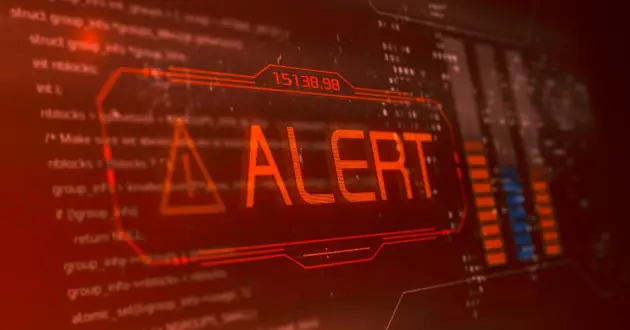Cyber Security
Exploring the Intersection of Cybersecurity and Automation Across 5 Major Industries
11 September 2024
|
Zaker Adham
As technology continues to advance, traditional cybersecurity methods are being supplemented with automation.
Industry leaders understand that to stay competitive, maintaining up-to-date digital security practices is essential to both their success and customer trust. The integration of cybersecurity and automation is rapidly transforming several industries, each with its unique set of challenges and opportunities.
1. Aviation Sector Artificial intelligence (AI) is revolutionizing the aviation industry by automating key processes while ensuring safety through cybersecurity protocols. Airlines benefit from automation in operations, fuel management, and maintenance, improving customer experiences and reducing costs. However, these innovations require robust security to protect data from breaches. Automated systems, while efficient, can be vulnerable to cyberattacks, with the potential to disrupt entire fleets.
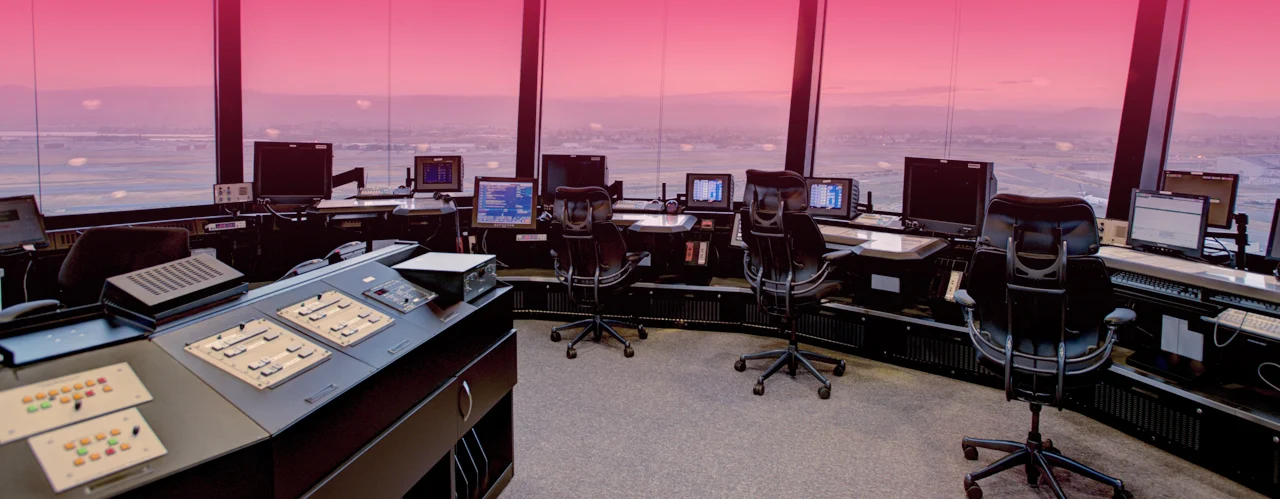
2. Agriculture Sector Automation in agriculture, through self-driving tractors and drones, is making farming more efficient and less labor-intensive. Despite the industry's relatively low vulnerability to phishing attacks, cyber threats could impact global food production by targeting IoT-enabled machinery. Securing this technology is vital to ensuring uninterrupted food supply chains.
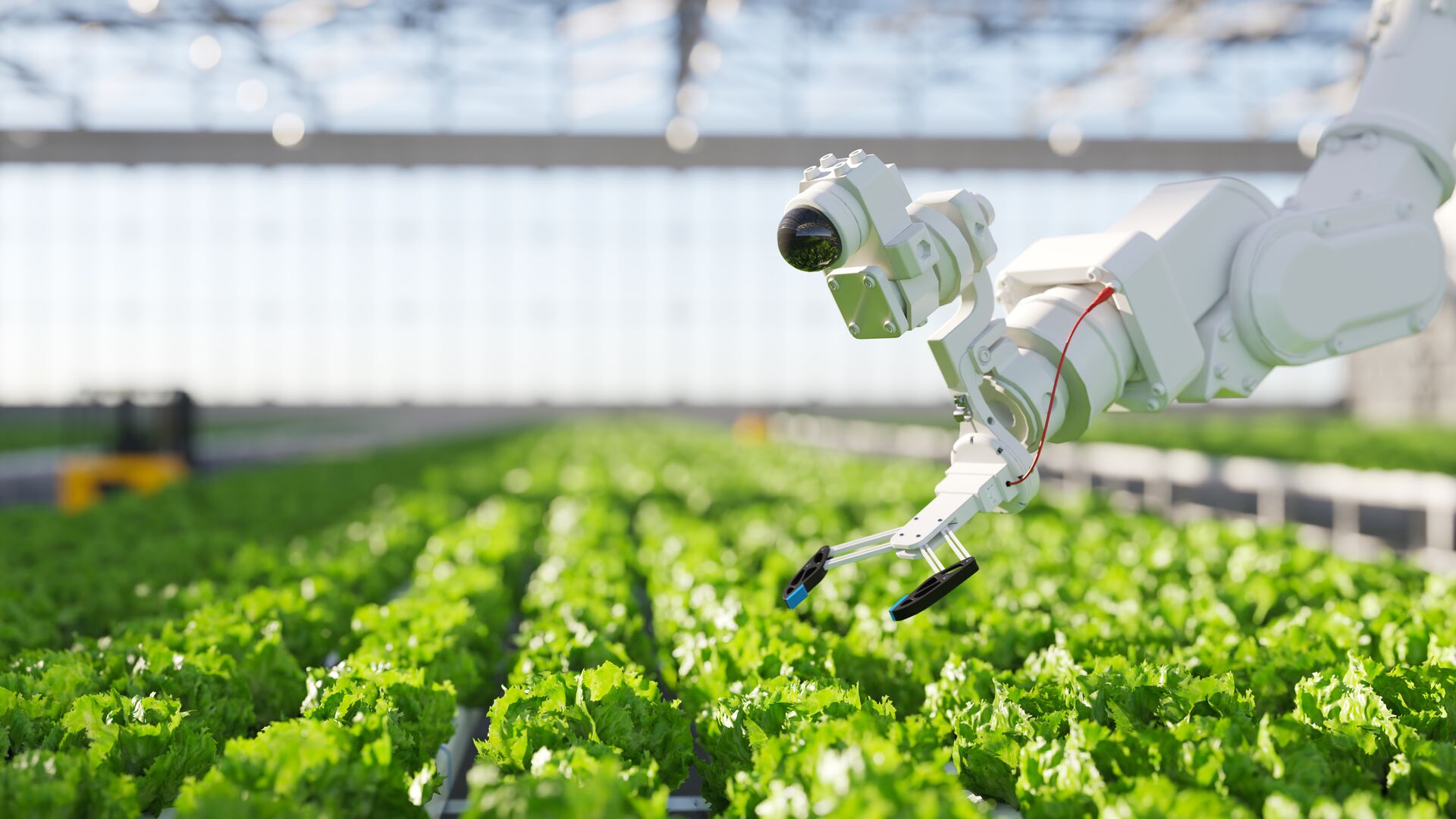
3. Automotive Industry The auto industry leads in adopting robotics and AI, with over a million robotic units in use. Automated vehicles and manufacturing robots rely on strong cybersecurity to prevent data breaches and operational disruptions. As autonomous driving technology continues to develop, ensuring cybersecurity in these systems is key to their safety and success.
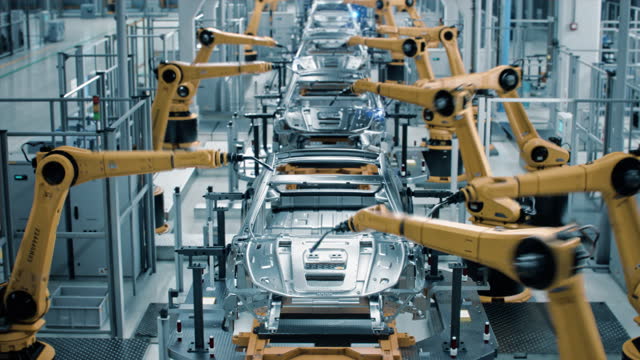
4. Healthcare Industry In healthcare, cybersecurity is crucial for protecting sensitive patient data. Automation streamlines many processes, from charting to medication production, reducing staff burnout and improving care quality. However, the rise in automation increases the risk of cyberattacks, making it necessary to pair technological advancements with strong cybersecurity protocols.

5. Supply Chain Sector Global supply chains depend heavily on AI to manage inventories, track shipments, and predict disruptions. However, without effective cybersecurity, these automated systems are vulnerable to attacks that could cause widespread logistical issues. Protecting supply chain technology is essential for maintaining efficient global commerce.
Conclusion: The convergence of cybersecurity and automation is reshaping industries across the globe. As businesses increasingly rely on automation, robust cybersecurity measures will be essential to protect against potential threats. Industry leaders must prioritize cybersecurity to safeguard their automated systems and ensure a secure future.


